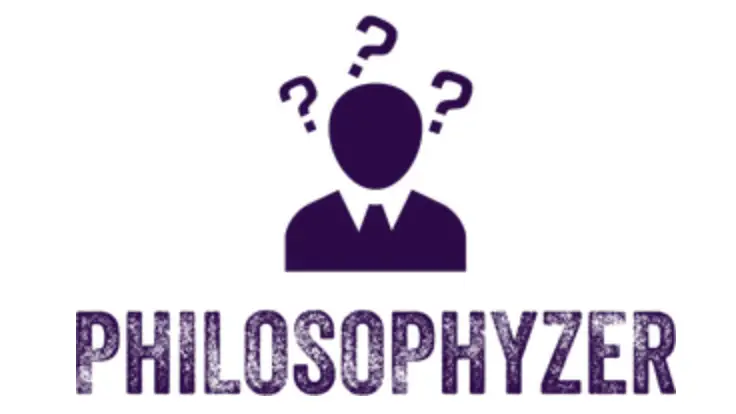Despite the criticism Freud receives for his far-fetched psychoanalysis of people and religion, there are some positives which can be drawn out from his work.
#1 Paul Tillich’s Positive view on Freud
Paul Tillich welcomes Freud analysis of religion. This is because Freud seemed to draw attention to the way in which Christianity had become isolated from what he called out a depth dimention to human reason.
Theologian Tillich did not accept Freud’s view that religion was an illusion. However, Tillich argued that modern churches had become authoritarian and oppressive. In this sense, Freud’s objections to religion were well founded.
#2 R.S. Lee on Freud
Lee believed that Freud’s psychoanalysis gives us a more accurate insight into the mind than any other psychology. Lee also thought that Freud’s views and Christianity could actually be reconciled.
In his book ‘Freud and Christianity‘, Lee wrote that the quest for the restoration of the relationship between the ego and the super ego is a central theme to Christianity. In Christianity, this struggle appears as the struggle to overthrow sin and attain a good life.
Lee argues that the ideal Christian life is attained by having a dominating super ego that is strong enough to enforce all of its demands on the ego and suppress the Id.
#3 Some Truth in Freud on Religion?
Freud’s onslaught on traditional religion was relentless and powerful. He was saying that religion only appears to be about religion, but it is in fact something else in disguise – a psychological projection growing out of the relationship of the child and the parent expressing itself through the Oedipal complex.
Sensitive religious believers are bound to ask what kind of Christianity deserves to survive the kind of arguments that Freud put forward. Tillich suggested that in a sense, Freud was doing the church is a favour. He showed them what kind of change they faced given the unconscious dimension of human existence.
Indeed, an atheist or agnostic may well conclude that Freud did the job so well that there is no way of answering it. Freud’s view is that we have no choice other than to deal with life in the best way that we can, in the light of who we are and given the upbringing we receive. The consolations of religion are for people who cannot face the harsh realities of life.
If you are interested in the psychology of Religion you might also like to read this comparison of Freud and Jung on Religion.

2 thoughts on “Is there any Truth in Freud on Religion?”